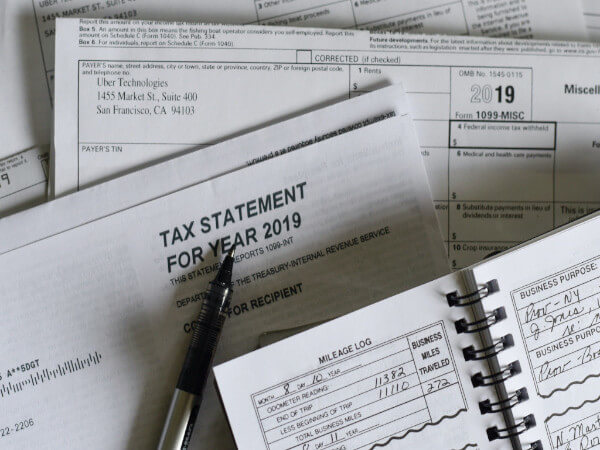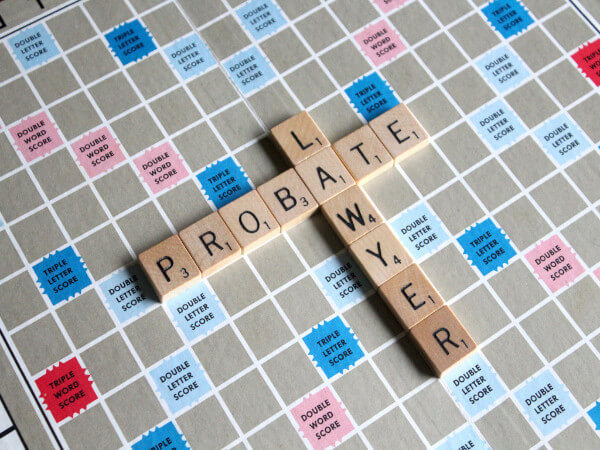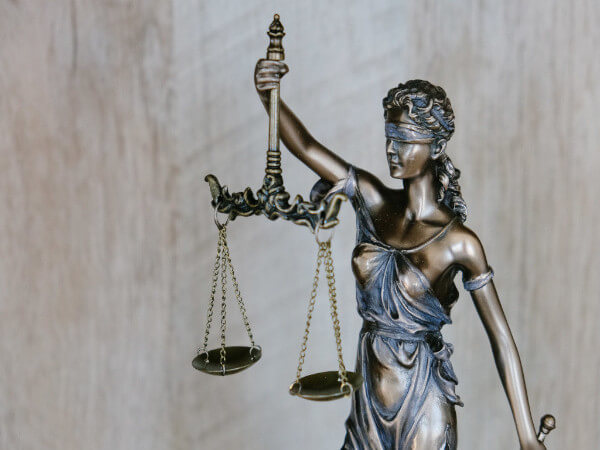Day: October 28, 2021
Federal Holidays & Overtime Pay: How to Calculate Time and a Half
Holidays are usually a time for celebration, reflection, or remembrance, but for small business owners and employees, holiday pay policy can be confusing. Here’s a brief refresher on what’s legal for holiday, overtime, and vacation pay. Need pay and benefits documents for your employees? Put your compensation and time off policies in writing. We make it affordable and simple. Get started now What are federal holidays in the U.S.? Federal holidays are holidays observed by the U.S. government. While a majority of government offices are closed on these days, small business owners and other private employers have the option of staying open. Businesses that close on federal holidays are not required to pay their employees for the day off, and those that stay open are not obligated to pay employees extra for normal work hours. In general, holidays are considered regular workdays and employees receive their normal pay for time worked. If the federal holiday falls on a weekend, it is generally observed on the closest weekday. The U.S. government lists these days as federal holidays: New Year’s DayBirthday of Martin Luther King, Jr.Washington’s Birthday (also known as Presidents Day)Memorial DayJuneteenth National Independence DayIndependence DayLabor DayColumbus Day (or Indigenous Peoples’ Day)Veterans DayThanksgiving DayChristmas Day What are paid holidays? Paid holidays are not required in the United States, however some employers may decide to provide compensation to their employees as a matter of policy, as laid out in an employment contract or employee handbook. In addition to the federal holidays listed above, other paid holidays might also include: Good FridayEasterThe Friday after ThanksgivingChristmas EveThe day after Christmas (also known as Boxing Day)New Year’s EveOther commemorative holidays like César Chávez Day Ultimately, paid holidays are up to each employer to define. If you have questions about documenting your holiday policy, ask a
Read MoreDisaster Relief: 7 Tips for Making a FEMA Claim
Update:President Biden has approved disaster declarations for both Louisiana and Mississippi in response to the damage caused by Hurricane Ida. President Biden also signed a major disaster declaration on August 24 for four counties in the state of California due to the massive wildfires burning in the northern part of the state. In the aftermath of disaster, it can be hard to know where to turn for help. Homeowners whose properties are damaged during a hurricane, tornado, wildfire, severe winter storm, or other natural disaster may have insurance that will cover their expenses. Others may not be so lucky. For homeowners and renters in need of financial assistance that is not covered by insurance, the Federal Emergency Management Agency, or FEMA, is the agency to turn to for essential government aid. For some, the process of making a FEMA claim can be overwhelming or tedious, but it pays to stick with it. We have compiled the following tips to help you make a FEMA claim and get the disaster relief that you need. Concerned about storm or wildfire damage? Use RocketEvidence to capture video before and after the fire or storm, and share your question with an attorney. Get started Tip #1 – Document the Damage When the storm passes, your first instinct may be to start cleaning up the debris from your yard and attempt to undo the damage that has been done. However, it’s incredibly important that you take time to document the damage before you start the process of cleaning, fixing and getting back to normal. One of the first things that you should do is take photographs of the property. Don’t forget the detail shots that may better show the extent of the damage. It’s also a good idea to shoot video of your property in
Read MoreHurricanes and Wildfires: How to Prepare for a Natural Disaster
Wildfires, floods, hurricanes, and tornadoes can cause massive amounts of damage and loss of life. While the disasters themselves can’t be eliminated, there are things you can do to prepare in case a wildfire or hurricane hits close to home. Preparation means preparing your home to avoid damage, taking your insurance documents and contact information with you, and having a solid emergency plan to keep you and your family safe. Here are some tips to help you prepare for specific events. Concerned about storm or wildfire damage? Use RocketEvidence to capture video before and after the fire or storm, and share your question with an attorney. Get started How do I prepare to leave when asked to evacuate during a wildfire? Evacuating your home due to wildfires is never an easy decision. It can be heartbreaking to leave your home behind. But remember that your possessions are insured and monetary things can be replaced. It’s most important that you listen to the evacuation orders when they’re given because they are not given lightly. If you live in an area where wildfires are a major risk, you should make a wildfire emergency plan for your family to follow. This helps you to remain calm and will give you a checklist so that you don’t forget anything important. You should have a supply kit and bags packed and ready to go as part of your emergency plan. You might include irreplaceable things, as well as food and first aid items. There are a number of things you can also do to help protect your home and neighbors during the event. Ready for Wildfire provides an excellent list of essential reminders. How do I prepare to leave when asked to evacuate ahead of a hurricane? Hurricane evacuation is very similar to wildfire evacuation.
Read More







